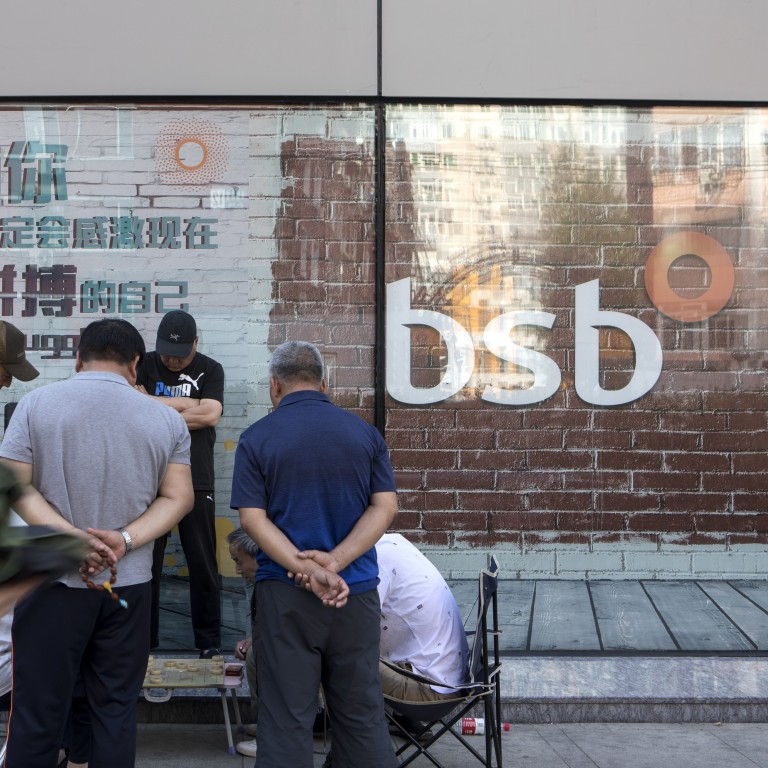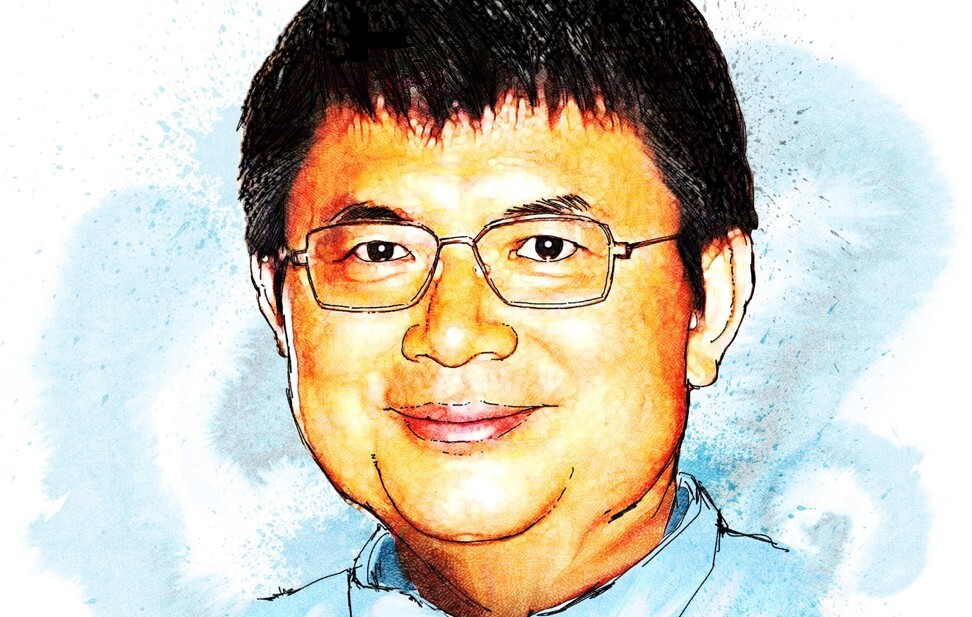
Xiao Jianhua’s Tomorrow Group duped Baoshang Bank out of US$22 billion in loans, triggering Chinese lender’s collapse, PBOC says
- Tomorrow Group, founded by vanished oligarch Xiao Jianhua, illegally borrowed US$22.3 billion from Baoshang Bank over the course of 14 years
- Group interfered with Baoshang Bank’s daily business operations, chipping away at its risk controls, says article in Chinese central bank magazine
The group illegally borrowed 156 billion yuan (US$22.3 billion) from Baoshang Bank, which was taken over by the government last year, in the form of 347 loans through 209 shell companies from 2005 to 2019 and these subsequently became delinquent, Zhou Xuedong, head of the takeover team at the central bank, wrote in the latest issue of China Finance, a publication by the nation’s central bank.
In its heyday, Xiao’s Tomorrow Group had stakes in 44 financial institutions ranging from banks and brokerages to fund-management and trust firms, whose total values were estimated at 3 trillion yuan. Through the sprawling networks of these controlled companies, Xiao created multiple layers of asset-management products, profiting from arbitrages, transferring interests to his other affiliates and financing other industries.
Such runaway expansion came to an end when the regulators ramped up their drive to reduce financial leverage to reduce systemic risk to the banking industry.
Baoshang Bank was just one example of how Xiao and his Tomorrow Group used loans to get easy and quick money, creating potential risks. The bank heavily relied on more expensive funds borrowed from the interbank market to finance its business operations.
Borrowing from other financial institutions accounted for almost 30 per cent of its assets by the first half of 2017, an increase of 12 percentage points from the end of 2016, while the proportion of deposits dropped by 15 percentage points to 43 per cent, according to industry reports.
The shareholder interfered with Baoshang Bank’s daily business operations, chipping away at the bank’s risk controls while also manipulating the shareholder meetings, Zhou wrote in the central bank magazine.

“Baoshang Bank’s downfall was not because of one person and did not come overnight,” Zhou said in the article. “On top of the failure on business and corporate governance, bad corporate culture was an important reason as well.”
Diversified shareholding structures, strengthened external supervision and decent information disclosures were crucial to improving corporate governance at commercial banks and improving transparency, it said.
That statement has since been taken down from WeChat for breach of rules.
Xiao left Hong Kong in January 2017, on the eve of the Lunar New Year, for the mainland where he is believed to be helping authorities with their inquiries as part of one of their biggest ever crackdowns into deal making. He has not been seen in public since then,.
China to become more selective in supporting distressed banks, say Moody’s and Fitch
Baoshang Bank was the first Chinese lender that was take oven by the government in two decades, as it became insolvent after Tomorrow Group and its affiliates were not able to pay principal and interest on loans.
Mengshang Bank, a new lender created by the government, and Huishang Bank took over all the assets of Baoshang Bank in April, marking the end to the disposal of the beleaguered lender.
Baoshang Bank was once a key part of Xiao’s business empire, which held stakes in hundreds of Chinese listed companies via proxies, ranging from energy, financial services and technology to real estate.
Pressure on Chinese banks’ bad loans may be building up because of the dislocation of the economy caused by the coronavirus epidemic, according to an annual report released by the China Banking Association last week. Weak corporate governance at some small and medium-sized financial institutions also poses a potential threat to the sector, the report said.
In the first half of the year, the outstanding non-performing loans at Chinese banks reached 3.6 trillion yuan, an increase of 400.4 billion yuan from the start of the year, the report said. The bad-loan ratio was 2.1 per cent.

